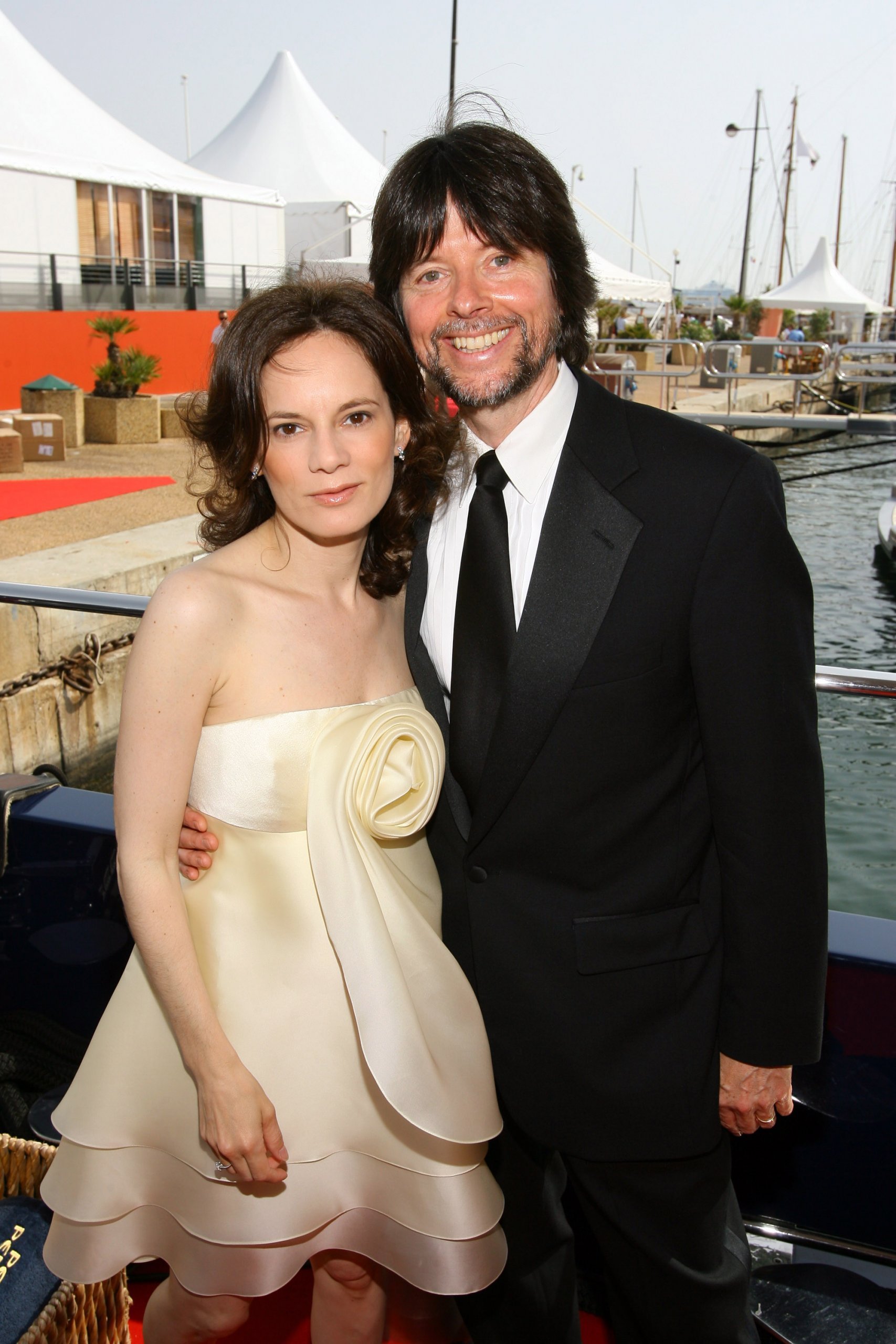Ken Burns's Cancer Loss
- Documentary filmmaker Ken Burns was only 12 years old when his mom, Lyla, passed from cancer.
- He credits the grief and loss with helping him have the confidence to pursue his dreams and be productive and prolific in his life.
- Coping with the loss of a parent to cancer can be made easier by seeking support.
Related: PHOTOS: Celebrity Cancer Survivors
Read More
Coping with Grief
Burns’ mother, Lyla, passed away 56 years ago. Burns tells The New York Times, “In April, I will have been without a mother for 56 years. That is way too long. Her name was Lyla. The half-life of grief is endless. But it has also been hugely productive.” Finding meaning in grief can be helpful after losing a loved one. Burns has channeled his grief to create an incredible body of work that is beloved throughout the world. Burns recalls, “I remember being interviewed in the '90s by two sociologists about the early death of parents, and their last question was, ‘What is your mother's greatest gift?’ And I said ‘dying’ and then started to cry. I didn't want her to die, but I don't know what I would do without the loss as being the engine of exploration, of confidence, of bravery. What idiot would take on all of these things and think you could do it?”There's not a day that goes by where I'm not aware of her
He says, “There's not a day that goes by where I'm not aware of her. But at the same time there has been that friction that has helped me to create, so I can't help but honor that. I feel very fortunate that I'm doing what I'm supposed to be doing.”
Grief, like Burns’s, is often spoken of as coming in waves. People going through cancer treatment may experience grief after being diagnosed with cancer. Dr. Scott Irwin, the director of supportive care services at Cedars-Sinai, says in an earlier interview, “(Grief) often gets better over time, but at certain days, it can look like depression. And other days, people look perfectly normal and can function.”
Related: Treating Depression After a Cancer Diagnosis
“They’re grieving the change in their life, the future they had imagined is now different,” says Dr. Irwin. “In cancer care, sometimes, we’re actually forcing some body changes that are beyond what would be normal aging, and that can be even harder for people to deal with where they don’t feel like themselves…People that are struggling with coping with the experience, coping with body image should reach out to their doctors, find a therapist in the community.”
Dealing With Grief After a Cancer Diagnosis
Losing a Parent to Cancer
Even amid Burns’s hardship and grief journey, he says there is still joy to be found. In fact, his daughter named her daughter after his mother: Lyla. “My oldest daughter named her first child after my mother,” says Burns, “and a name that was never spoken except draped in black crepe now gets spoken all the time with joy and love.”
Related: A Major Step in the Cancer Journey: Learning to Deal With Vulnerability
Finding ways to cope with grief can feel like a scary, vulnerable thing. But getting support for the pain you’re experiencing can be hugely beneficial. Many find therapy to be an important component of coping with the loss of a parent or loved one.
"Therapy Saved My Life": After Losing A Loved One, Don't Be Afraid To Ask For Help
Learn more about SurvivorNet's rigorous medical review process.


